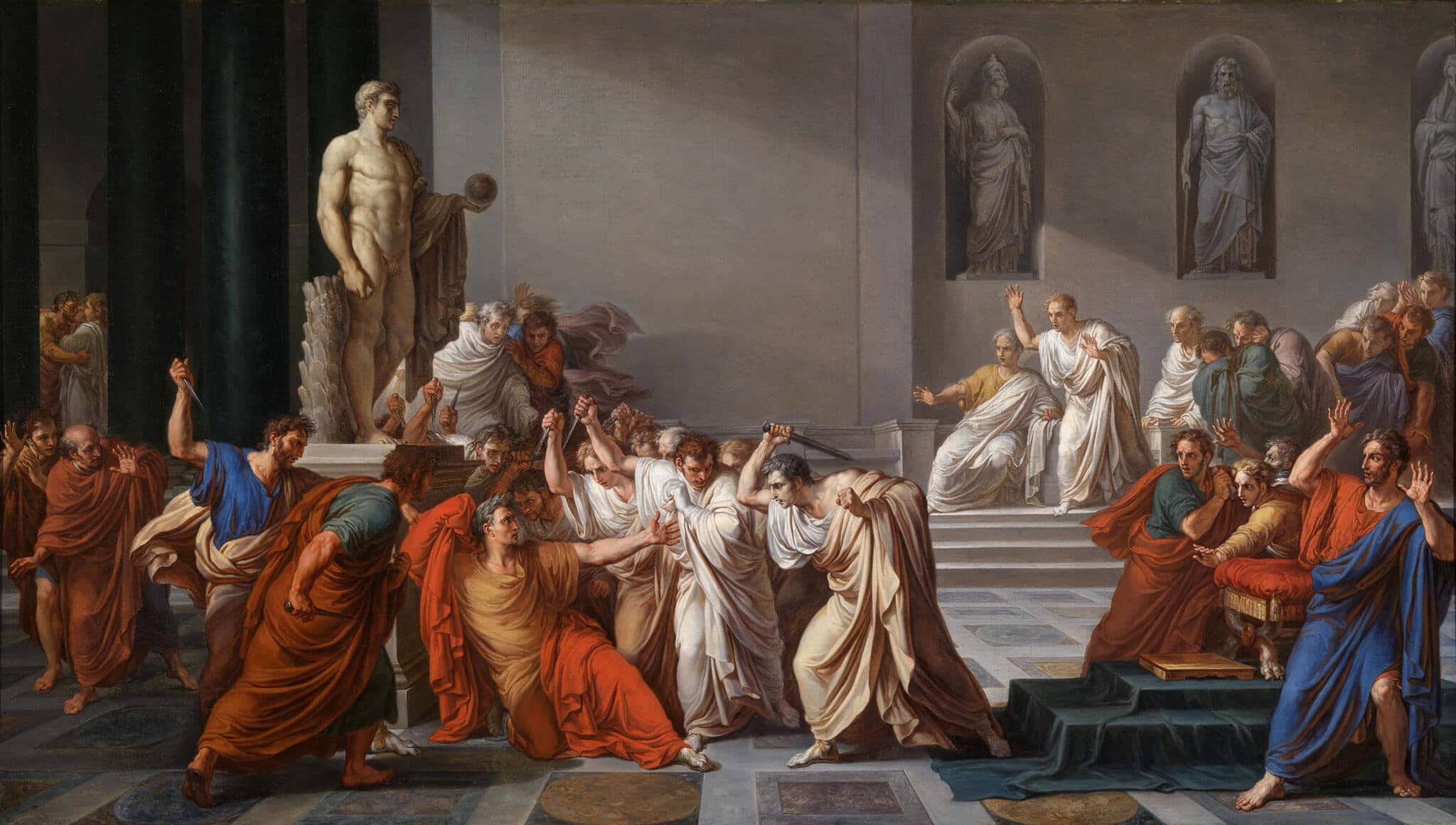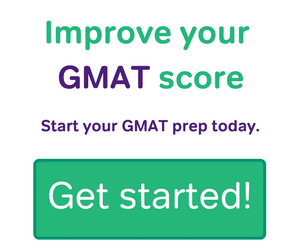To begin, four GMAT SC Practice Questions.
1) Buying tradition growth stocks at the low points immediately following periods of sharp decline are not guaranteed in producing long term gains.
(A) are not guaranteed in producing
(B) is not guaranteed in producing
(C) is not guaranteed for producing
(D) is not guaranteed to produce
(E) are not guaranteed to produce
2) The rules of differentiation allow a first-year calculus student to find the derivative of any function, but the anti-derivative does not exist often in cases where an elementary function is easily written.
(A) the anti-derivative does not exist often in cases where an elementary function is easily written
(B) when you write an elementary function, it easily could be the case that the anti-derivative does not exist
(C) the non-existence of an anti-derivative occurs easily for some elementary functions
(D) if an elementary function is easily written, its anti-derivative does not exist
(E) it is easy to write an elementary function for which the anti-derivative does not exist
3) When an individual compulsively holds a rigid ideal of virtue, this can be indicative his defense against the opposite qualities, a defense known as “reaction formation.”
(A) When an individual compulsively holds a rigid ideal of virtue, this can be indicative his defense against the opposite qualities
(B) To compulsively hold a rigid ideal of virtue is to indicate an individual’s defense against the opposite qualities
(C) Compulsively holding a rigid ideal of virtue may indicate an individual’s defense against the opposite qualities
(D) An individual can compulsively holds a rigid ideal of virtue, and this holding may indicate an individual’s defense against the opposite qualities
(E) Indicating a defense against the opposite qualities, an individual holds a rigid ideal of virtue
4) Brutus and Cassius, in participating in the brutal assassination of Julius Caesar, did something that was beyond what the Roman people were willing to accept, even though their motives might have been noble in doing so.
(A) Brutus and Cassius, in participating in the brutal assassination of Julius Caesar, did something that was beyond what the Roman people were willing to accept, even though their motives might have been noble in doing so
(B) For Brutus and Cassius to participate in the brutal assassination of Julius Caesar, however noble their motives might have been, was beyond what the Roman people were willing to accept
(C) By participating in the brutal assassination of Julius Caesar, Brutus and Cassius, although their motives might have been noble, did something beyond what was acceptable to the Roman people
(D) With possibly noble motives, Brutus’ and Cassius’ participation in the brutal assassination of Julius Caesar was what was beyond the Roman people’s willingness to accept
(E) Julius Caesar was brutally assassinated, and by their participation in this, Brutus and Cassius went beyond what was acceptable for the Roman people, and their motives might have been noble in doing so.
Explanations will come at the end of this blog.
Phrase as Subjects
In an earlier blog, I discussed that certain clauses, Substantive Clauses, can serve as the subject of a sentence. In those cases, if a clause is the subject, it is usually singular and usually takes a singular verb: see that blog for the exceptions.
Phrases are much easier. There are only two kinds of phrases that can act as the subject of a sentence: infinitive phrases and gerund phrases. These are always singular and always take a singular verb. Very simple!
The hardest part of these is recognizing where this phrase and all its nested structure end and where the main verb of the sentence begins. As always, the GMAT loves to put one structure inside another to concoct gigantic complex sentences. Of course, skilled writers do this all the time as well. Learning to decode these labyrinthine sentences is half the battle on GMAT SC. (That last sentence had a phrase as the subject!)

Practice Problem Explanations
1) Split #1: the subject is a gerund phrases, which is always construed as singular. We need a singular verb. (B) & (C) & (D) have the correct singular verb, whereas (A) & (E) have the plural verb and should be rejected.
Split #2: the idiom for a guaranteed result is “guaranteed to do X.” Only (D) & (E) get this idiom correct; the other choices are idiomatically incorrect.
On the basis of these two splits, the only possible answer is (D).
2) Choice (A) is indirect and awkward. This version uses the word “where” for a non-physical location: the GMAT generally does not tolerate this usage. This choice is incorrect.
Choice (B) use the casual “when you do X” structure to denote a universal truth. This is acceptable in colloquial speech, but unacceptable on the GMAT. This choice is incorrect.
Choice (C) changes the meaning subtly. What is not easy is finding the anti-derivative of some of these functions. It’s a bit different to say “the non-existence . . . easily occurs.” That’s an incredibly awkward structure that would not be ideal under any circumstances. This choice is incorrect.
Choice (D) definitely changes the meaning. The original implies that some easily written functions have no anti-derivative, but this version implies this is true for all easily written functions. This choice is incorrect.
Choice (E) correctly uses the empty “it” structure. This choice is concise and elegant. Choice (E) is the correct answer.
3) A question about reaction formation.
Choice (A) use the casual “when you do X” structure to denote a universal truth. This is acceptable in colloquial speech, but unacceptable on the GMAT. This choice also contains a pronoun mistake: “this” can’t refer to an action. This choice is incorrect.
Choice (B)’s use of the two infinitives is awkward. This changes the meaning because it eliminates all uncertainty. Finally, the first infinitive, “to compulsively hold,” is a split infinitive; the GMAT does not test this, but this structure tends to appear only on incorrect choices, such as this choice.
Choice (C) uses a gerund as a subject. This is direct, logical, and clear. This is a promising choice.
Choice (D) is a very long bloated version of the sentence, flabby and indirect. This is not the most powerful way to express this information. This is incorrect.
Choice (E) is off in a funny way. It sounds as if the individual with this defense is intentionally indicating that he is holding the opposite qualities. This is a different meaning from the prompt. If I do X, and the fact that I did X indicates something, that may well be unintentional; by starting with the participle, this choice suggests that the indicating is conscious and intentional, and this view doesn’t accord with the prompt meaning. This is incorrect.
The only possible answer is (C).
4) A question about Julius Caesar and his assassination.
Choice (A) is a wordy and indirect version of this information. The structure “did something that was …” is a very indirect and convoluted structure. Technically, this is all grammatically correct, but it is far from the best way to convey this information.
Choice (B) employs a completely correct use of the word. This is elegant and direct, a promising choice.
Choice (C) also uses the “did something that was” structure. Again, 100% grammatically correct, but far from ideal.
Choice (D) has the awkward phrase “with possibly noble motives.” This changes the meaning. When we say “their motives might have been noble,” essentially we are saying that we don’t know the motives, but we respect the possibility that their motives were noble. When we talk about “possibly noble motives,” this implies that we know the motives and are in a quandary about whether they are noble! That’s a very different meaning. Also, the change from “were willing” to “willingness,” makes the sentence that much more indirect. This is incorrect.
Choice (E) has a pronoun mistake: the pronoun “this” cannot refer to an action. This is also wordy and indirect. This is incorrect.
The only possible answer is (B).






Leave a Reply